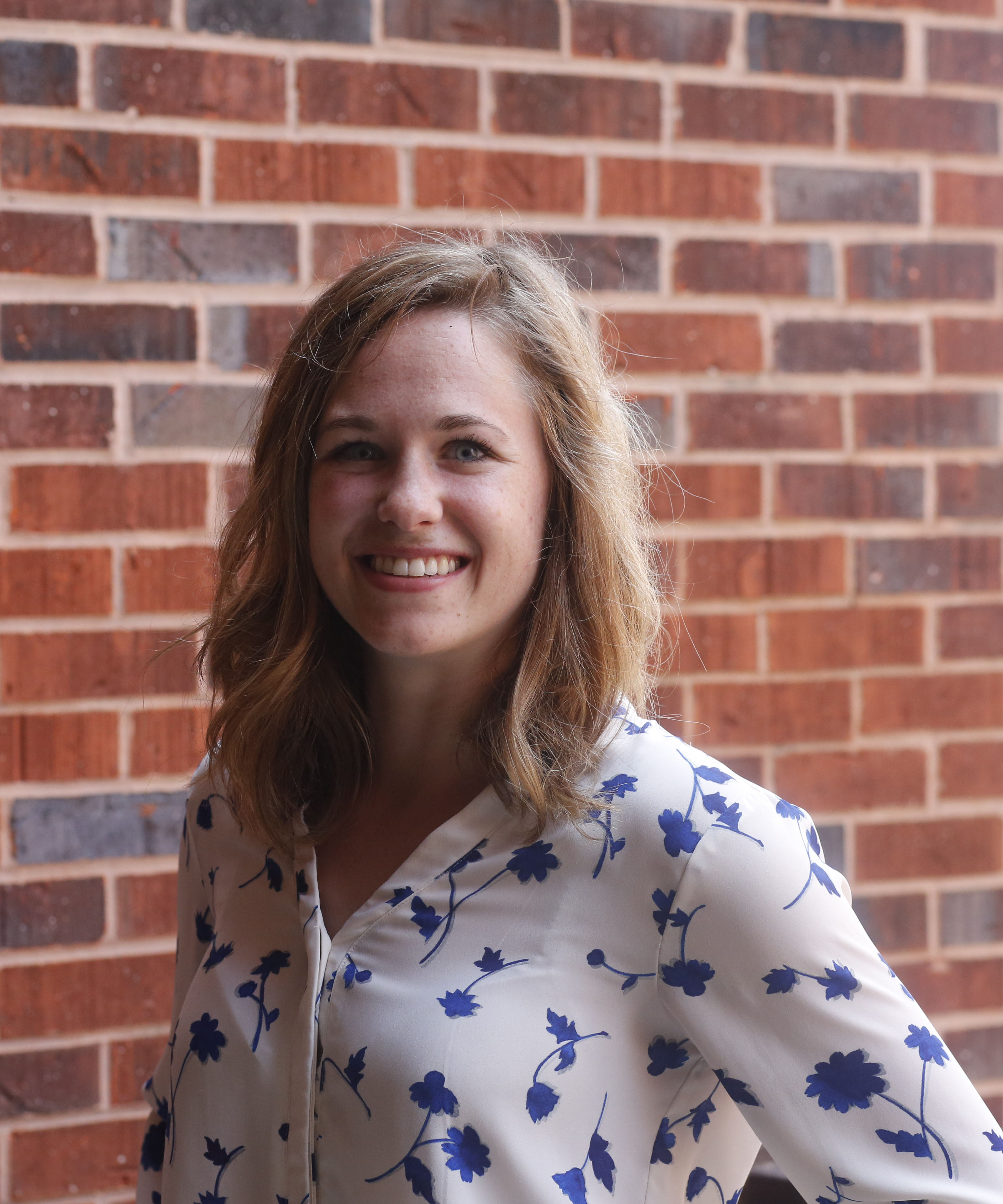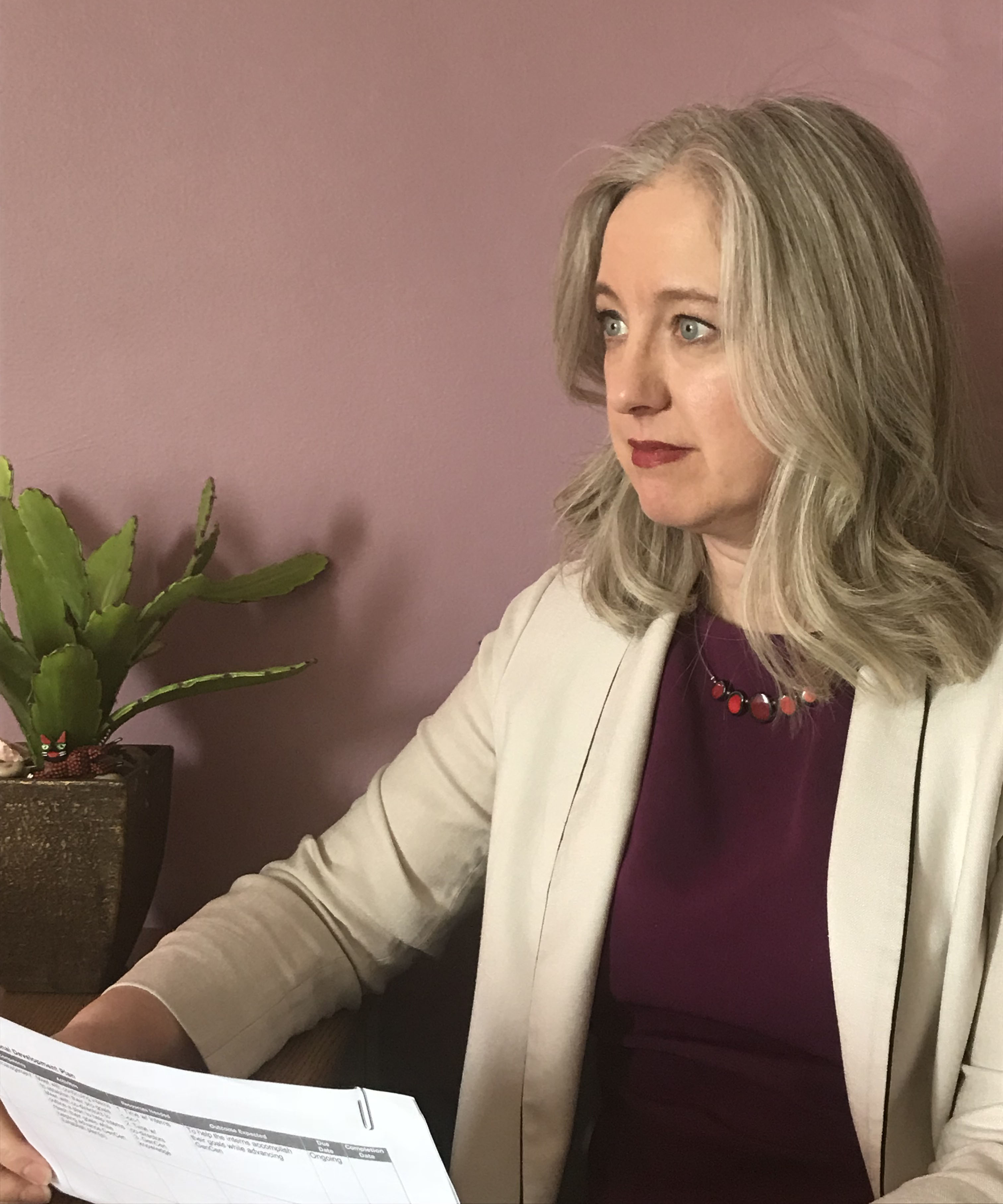The large-scale movement of people is one of the most burning issues of our time. And yet, relatively little attention has been paid to understanding the ways in which refugees are integrated into the societies which host them and particularly the local communities in which they live. In March 2019, the Berkley Center and the Institute for the Study of International Migration hosted a policy consultation that considered local challenges to and successes in refugee integration in Turkey, Uganda, and Colombia—three of the world’s most affected countries in the global refugee crisis. A resulting policy brief reveals that, despite generous policies, these countries still face many social and political challenges to refugee integration, and greater planning, global responsibility sharing, and coordination across levels of government and various sectors of society are badly needed.
This week, the Berkley Forum dives deeper into these issues, considering how religion and religious actors factor into the refugee hosting infrastructure, political environment, and integration process. We ask contributors: In what ways does the religious landscape of a host country affect its refugee integration policy, particularly in Turkey, Uganda, or Colombia? What role do faith-based organizations play in integrating refugees into new communities? What obstacles to integration, if any, does religion create, either on the part of host communities or refugee populations? What are the policy implications of these religious dimensions of refugee integration?



